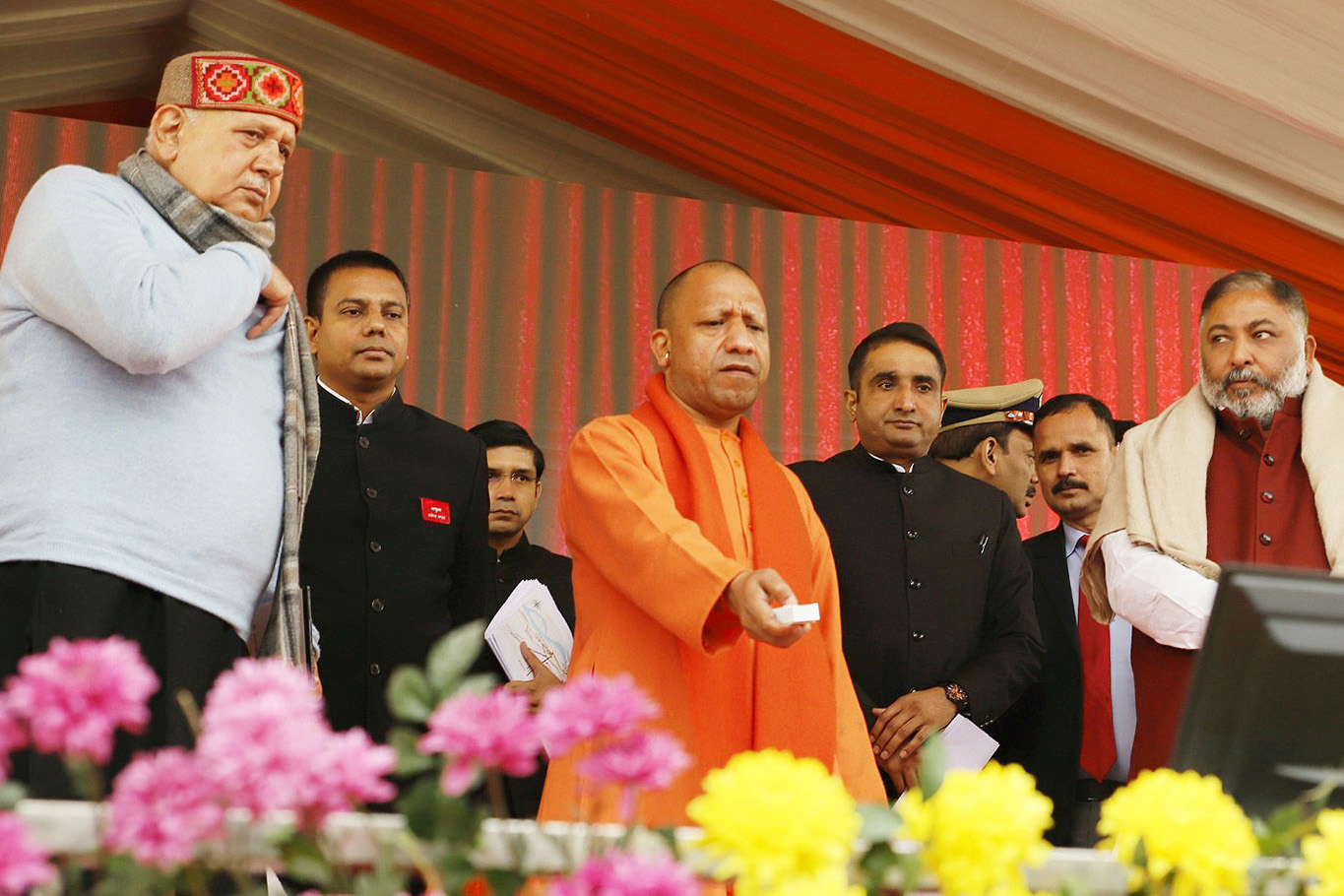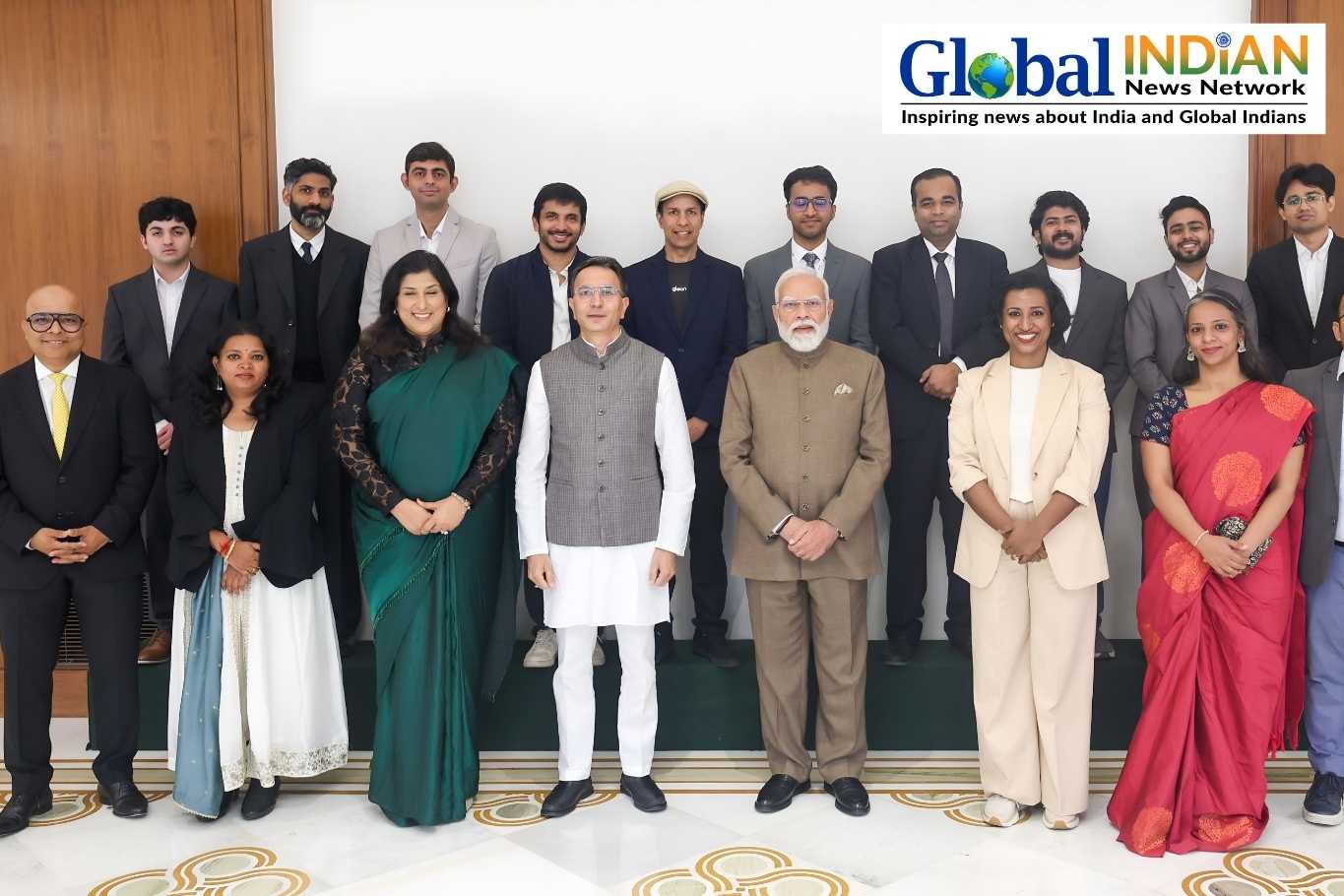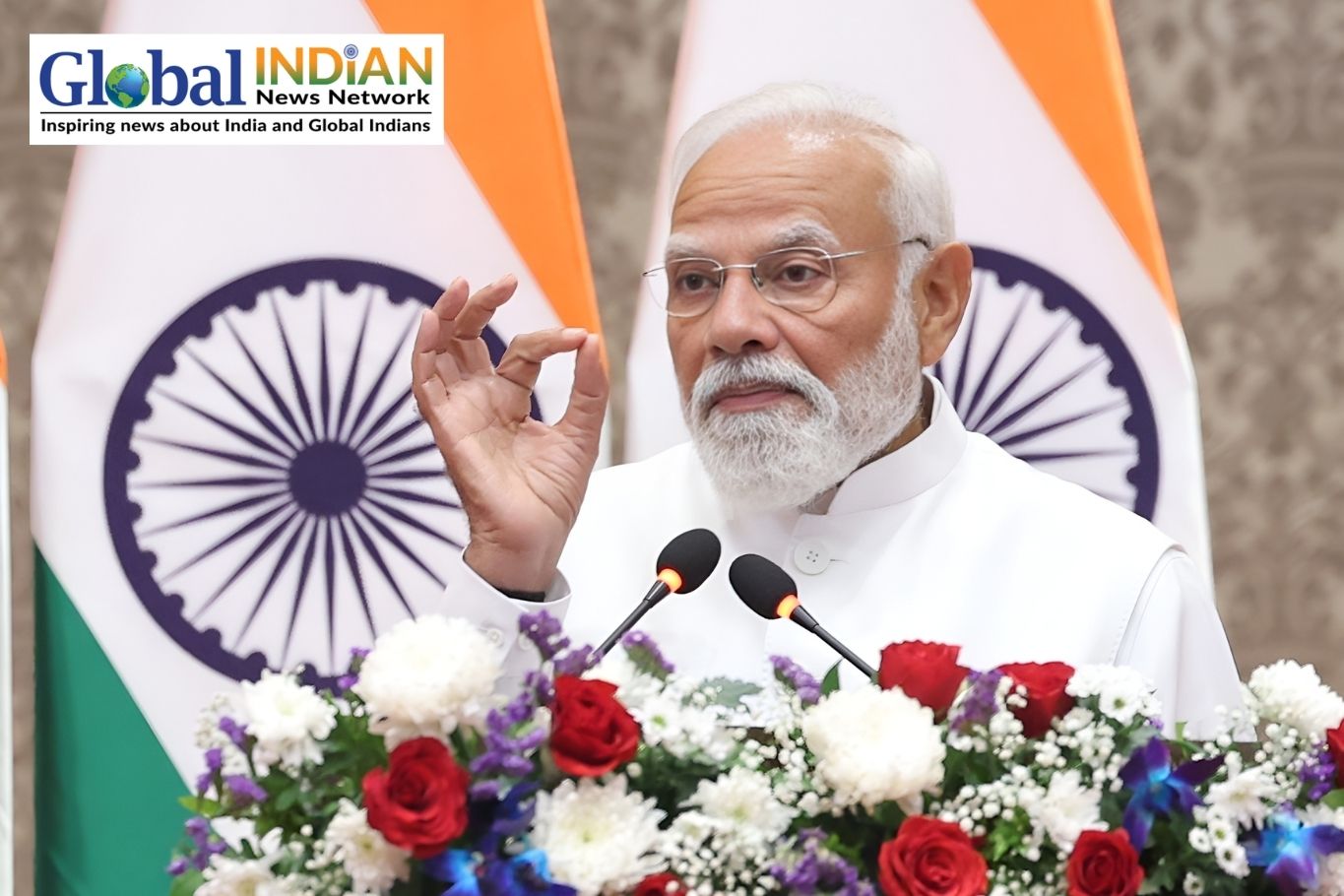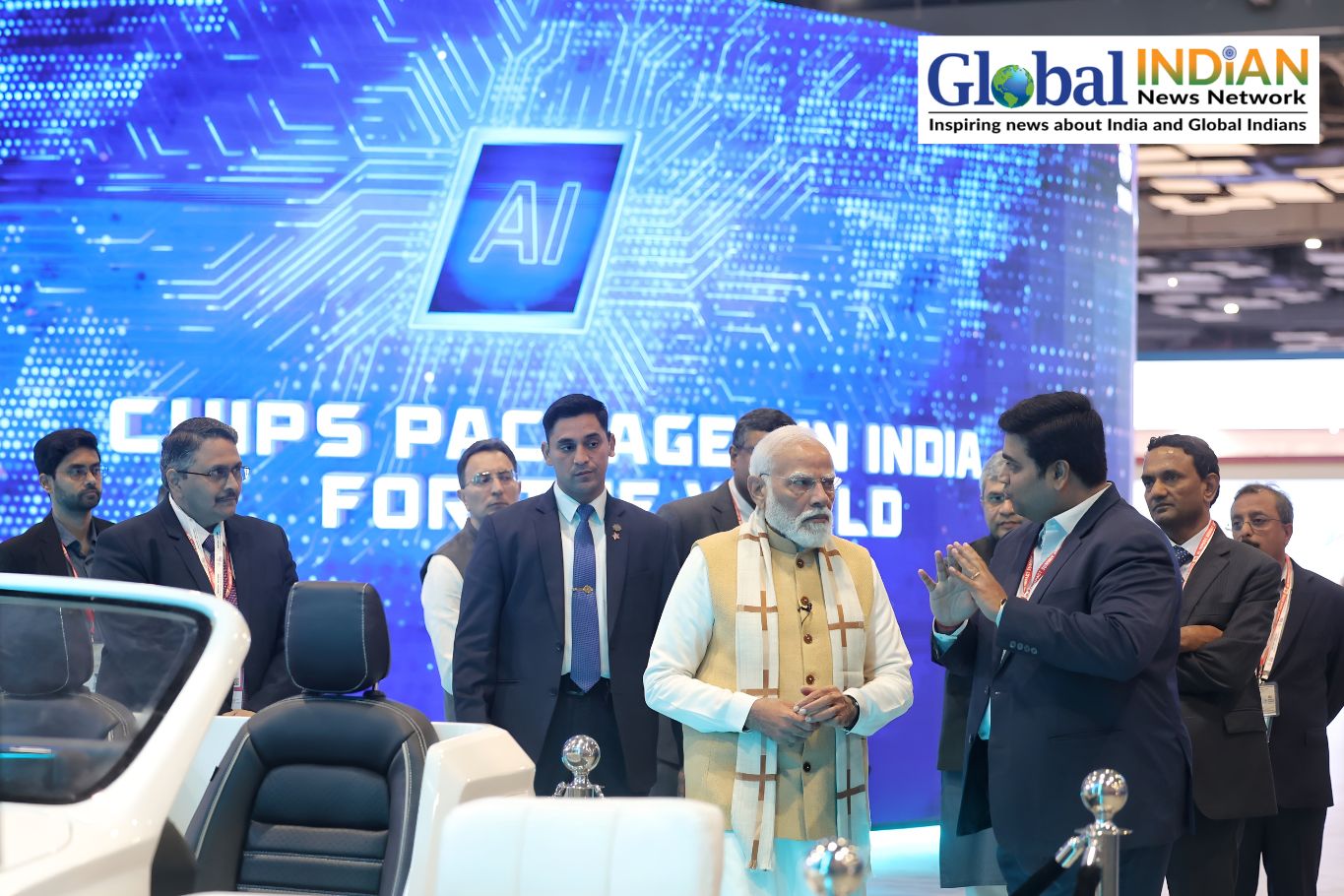 In preparation for the upcoming Ram Temple consecration ceremony, Uttar Pradesh Chief Minister Yogi Adityanath inaugurated ‘Divya Ayodhya,’ a mobile app dedicated to tourism, aimed at enhancing the navigation experience for devotees and tourists exploring Ayodhya. This comprehensive platform caters to diverse needs, including itinerary planning, uncovering hidden gems, and immersing visitors in Ayodhya’s cultural tapestry. Detailed descriptions and timetables accompany information on key landmarks, temples, monasteries, and historical sites.
In preparation for the upcoming Ram Temple consecration ceremony, Uttar Pradesh Chief Minister Yogi Adityanath inaugurated ‘Divya Ayodhya,’ a mobile app dedicated to tourism, aimed at enhancing the navigation experience for devotees and tourists exploring Ayodhya. This comprehensive platform caters to diverse needs, including itinerary planning, uncovering hidden gems, and immersing visitors in Ayodhya’s cultural tapestry. Detailed descriptions and timetables accompany information on key landmarks, temples, monasteries, and historical sites.
The app simplifies the booking process for e-cars and e-buses, offering real-time route tracking and convenient boarding and deboarding options. Users can also reserve accommodations such as homestays, hotels, or tent cities through the app, connecting them with locally trained tourist guides. Additionally, the app features options to book wheelchairs and golf carts for a seamless sightseeing experience.
The Uttar Pradesh government is actively identifying locations on Ayodhya’s outskirts for rural homestay options. Visitors to Ayodhya now have the opportunity to rent a portion of a house in Daulatpur village for a distinctive farm stay experience, near Samda Lake. These rented houses offer activities like tending cows, riding bullock carts, and exploring cottage industries.
These actions aim to uplift tourism, supporting the local economy and endorsing sustainable tourism practices. The integration of technology with cultural experiences and the emphasis on rural homestays in the ‘Divya Ayodhya’ app are set to revolutionize how tourists engage with the sacred city, providing a more immersive and enriching experience.
Simultaneously, the Uttar Pradesh government plans to enhance facilities for tourists and pilgrims visiting key destinations like Ram Janmabhoomi and temples in Ayodhya. The introduction of electric buses on the ‘Dharma Path’ and ‘Ram Path’ is part of these efforts, designed to offer essential services and improve overall visitor experience. The Chief Minister’s Office (CMO) anticipates effective handling of various activities, including crowd management, worship, darshan, and temporary parking development, after January 22.









